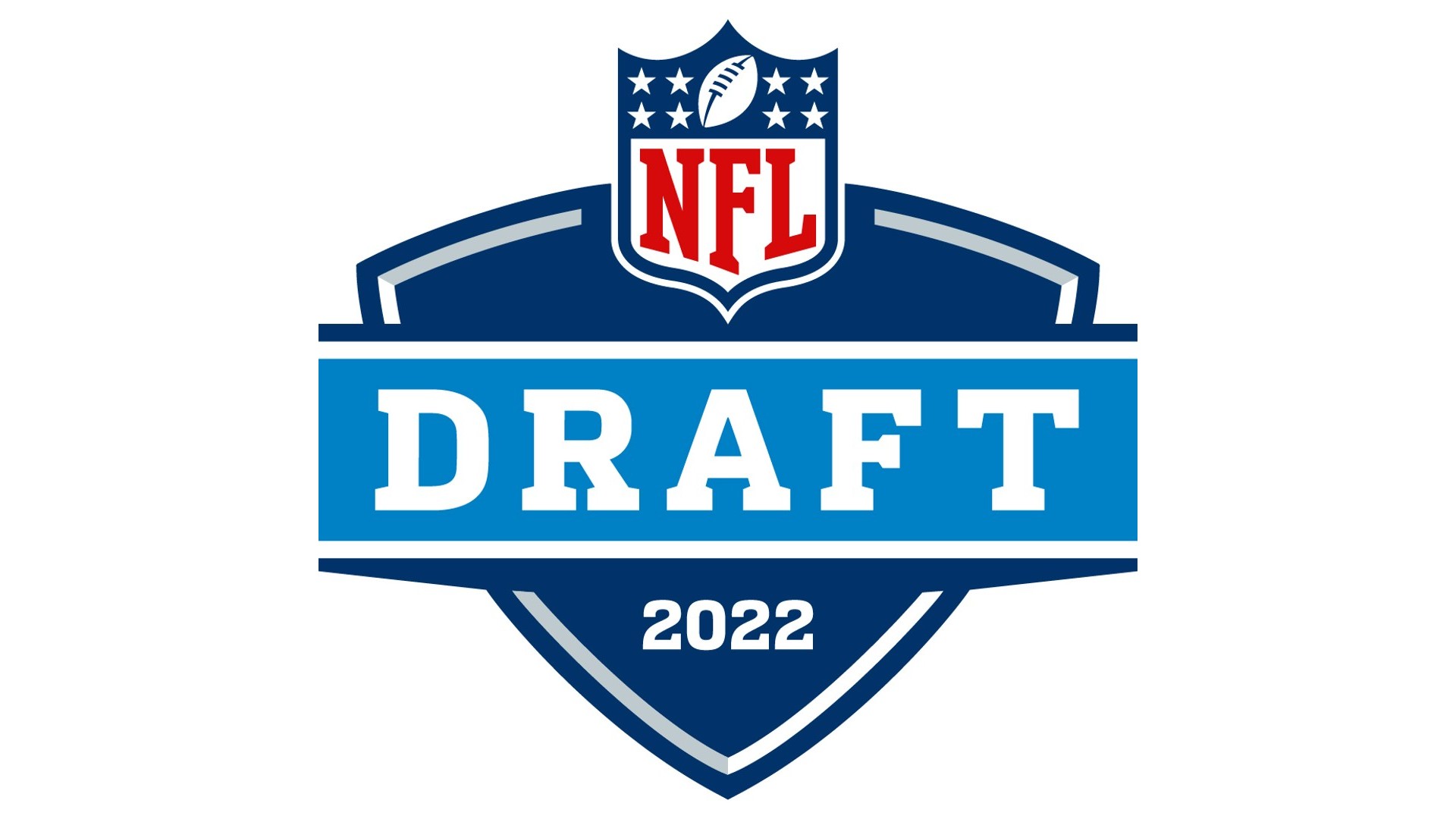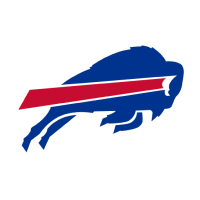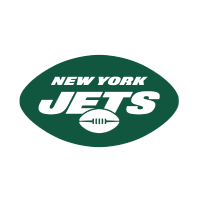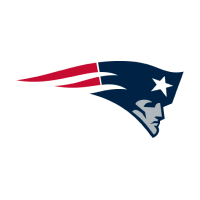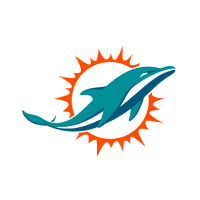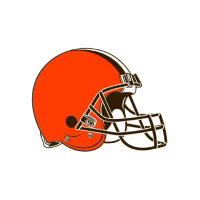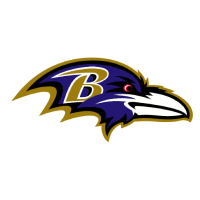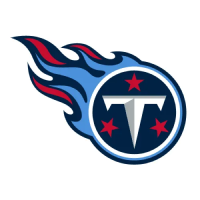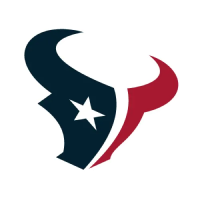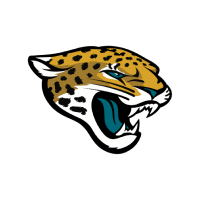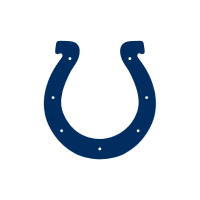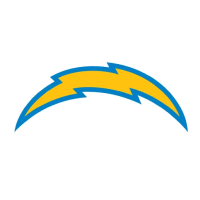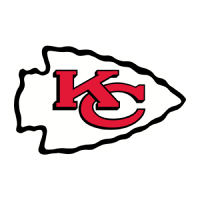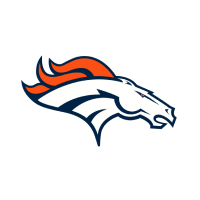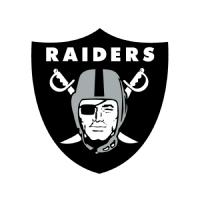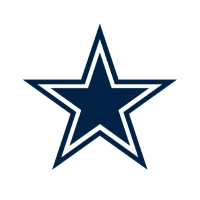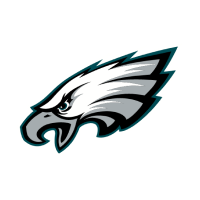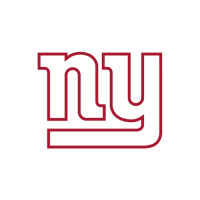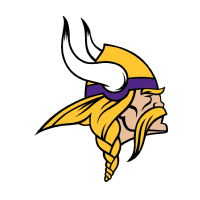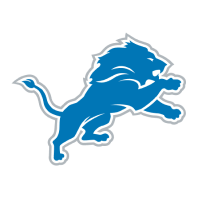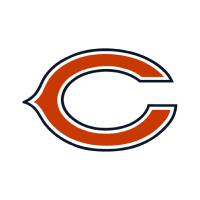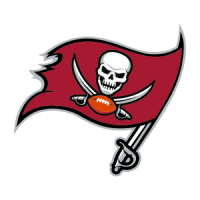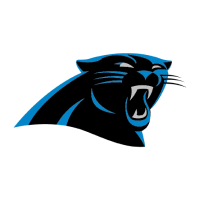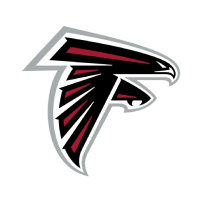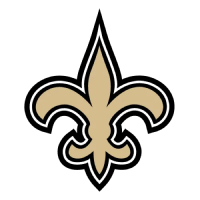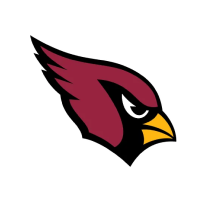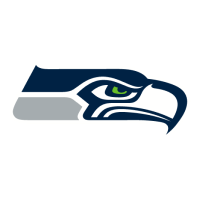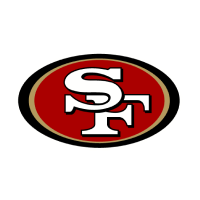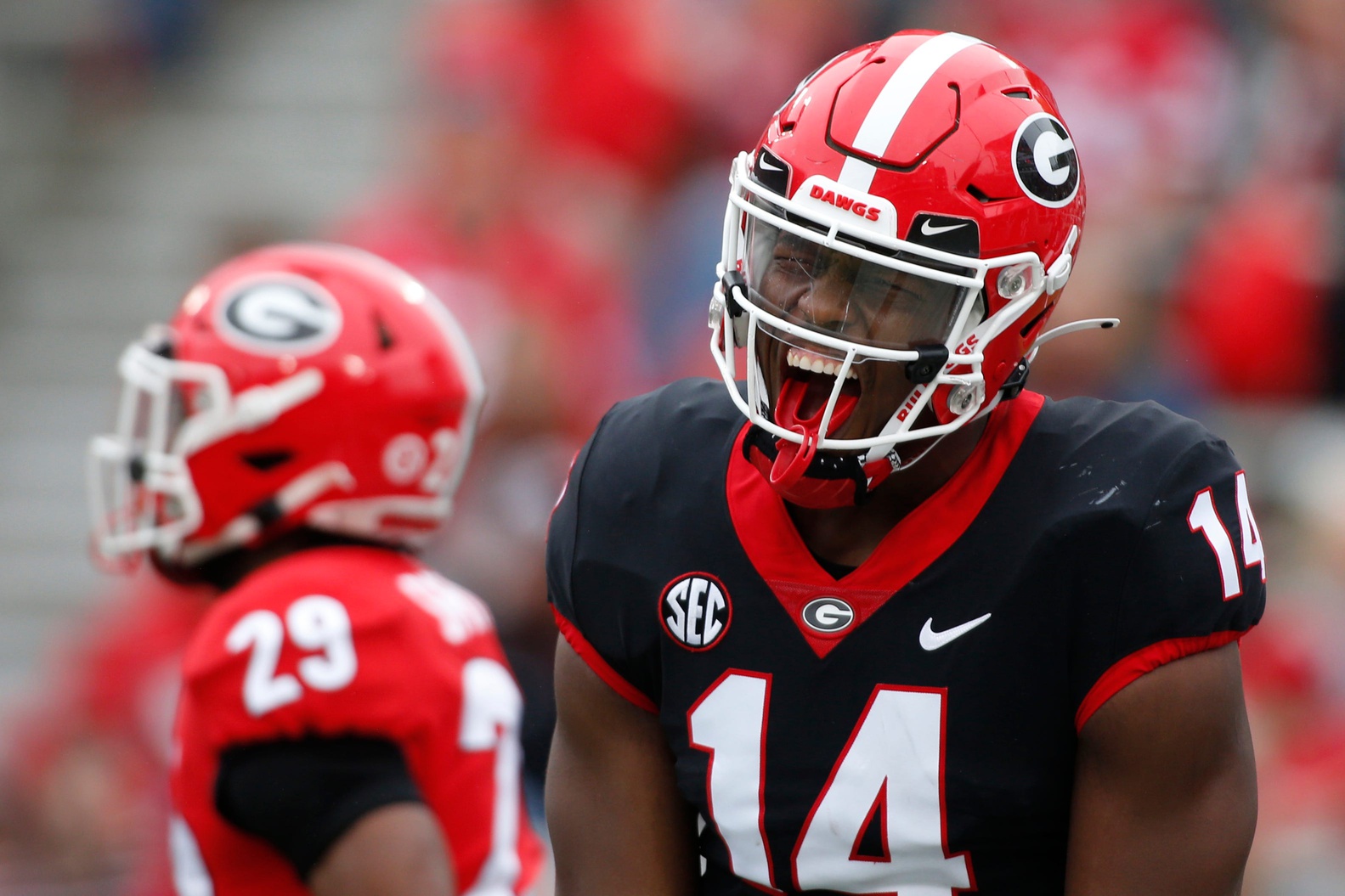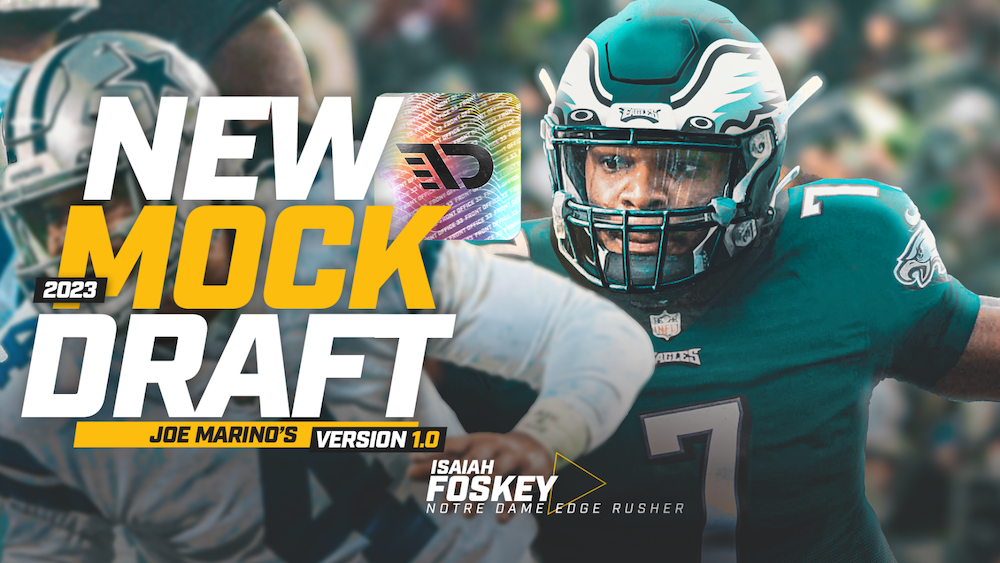Kylin Hill’s most impactful push to the end zone happened far away from the field.
There’s some context to note, first: In December 2019, Hill declared for the 2020 NFL Draft, forgoing his final years of eligibility after an uber-productive junior season that all but cemented his fate as a future NFL running back. A month after that initial decision, Hill announced, via Twitter, that he would return to the Bulldogs’ program for the 2020 season. It would be the first season under head coach Mike Leach and a chance for Hill, under Leach’s Air Raid offense, to show his versatility as a pass-catcher; it’s a necessary skill in today’s NFL where rushers have been devalued. Hill could establish he’s an effective third-down back.
The spring and summer of 2020 came and with it a deadly (and ongoing) COVID-19 pandemic and the constant, exhausting reminder that Black people can be killed, by civilians and law enforcement, with impunity. In February 2020, Ahmaud Arbery was pursued by three white men, shot, and killed while jogging near Brunswick, Georgia. In March 2020, Breonna Taylor was shot and killed while sleeping in her Louisville, Kentucky apartment during a botched police raid. In May 2020, George Floyd was killed during an arrest in Minneapolis. After a store clerk alleged Floyd passed a counterfeit $20 bill, one of four police officers, Derek Chauvin, who arrived on the scene knelt on Floyd's neck for 8 minutes and 46 seconds. Arbery’s and Floyd’s death were both captured on video and circulated across social media and televisions alike, sparking the most widespread call for Black lives to matter.
The summer was deemed a reckoning for the continued brutality and state-sanctioned violence wielded against Black lives; in hindsight, a better descriptor would likely be an awakening among white communities that had been apathetic. Protests spanned the globe, and protests continue today. Over the summer, in particular, athlete activism across high school, collegiate, and professional sports increased. There were a number of college athletes participating in protests, masked, amid the pandemic. There were more white athletes participating in the Black Lives Matter movement than ever before. Calls to action swept nearly every industry, including the NCAA, which has largely profited off of unpaid Black labor.
Hill’s call to action highlighted his duality. He was vocal on Twitter and found comfort in crafting a tweet whether it was news about his winding football journey or sharing thoughts after a big performance—and Hill had a lot of those. He wasn’t a very communicative person when it came to people he didn’t know, particularly men. He’s also a Black man from Columbus, Mississippi, more specifically, from the Sandfield Community; a town of now approximately 23,500 people (according to 2019 data) with its own duality of historically troubling roots of the segregated South. In 20-plus years, Hill was constantly reminded of America’s racist history; whether it was through overt racism or the former Flag of Mississippi that, until very recently, displayed the Confederate insignia. Hill was tired—in every sense of the word. After he crafted a tweet that read, in part, “Either change the flag or I won’t be representing this State anymore,” he took a nap.
The tweet was an “emotional reaction,” but one that took an immense amount of courage and fortitude.
“I’m an athlete. I’m branded very well. I feel like someone in my position had to speak up,” Hill said Wednesday following Mississippi State’s Pro Day. “What I did, I knew the backlash I was going to get. My family, my teammates, they stood behind me. Even the coaches, so it helped everything out and the support I was getting, it just felt good. Even other players from other schools—backing me up, DM me—motivated me and let me know they were all behind me. I knew what I was doing, it took a big risk and if I had to go back and do it over, I would.”
Hill bore the responsibility that is unfairly put on the already heavy shoulders of Black people in the United States. He wasn’t the first person, and at this time wasn’t the only person, to ask for accountability and change. Hill’s June tweet stemmed from legislation drafted earlier in the month to change the state flag. His voice, however, rang the loudest and helped ignite a resounding wave of activism across collegiate sports.
Amid his impromptu role as an athlete-activist, the fall was approaching; college football season was in flux due to COVID-19, but Hill was going to play his senior season until a slew of things well out of his control caused him to reconsider. After an upset victory over LSU, Hill suffered a concussion in the second game of the 2020 season. Hill’s brother, Darion Carder, tested positive for the coronavirus. Back on the field, Hill was suspended for unspecified reasons before an October matchup against Texas A&M. Some two weeks later, Hill announced he would opt-out of the remainder of the season and focus on the 2021 NFL Draft.
This is far from a football story, now. But Hill’s greatest development as a person, as an athlete, happened away from the field. During months of training with Brent Calloway at EXOS, Hill worked on all of the football mechanics. He wanted to enter Wednesday’s Pro Day and show NFL evaluators, really anyone watching, that he was still here. Scouts liked what they saw.
“I feel like I showed everything scouts or coaches wanted to see,” Hill said. “I feel like I checked all the boxes. I did what I had to do and proved what I had to.”
He was not only the same player that had incredible power through contact and unmatched ball security; he was better. Moreso, he was a more mature, more communicative, and more confident person in every aspect. Hill has intangibles that NFL teams covet and the qualities scouts and coaches look for in players with an accomplished resume like his own. Teams can look to the 2019 tape for Hill’s on-field production, but, more importantly, they can look to this past summer and see the man Hill’s become.
Hill, finally reunited with his teammates he calls family, remembered what Calloway told him time and time again in the last five-or-so months of training: “It’s time for me to wake everybody up again.”
Filed In
Related Articles
NFL Draft
Arik Gilbert Doesn’t Need Big Workload To Be A Top NFL Draft Pick
- Aug 22, 2022
NFL Draft
2023 NFL Mock Draft: Marino 1.0
- Aug 22, 2022
Written By
